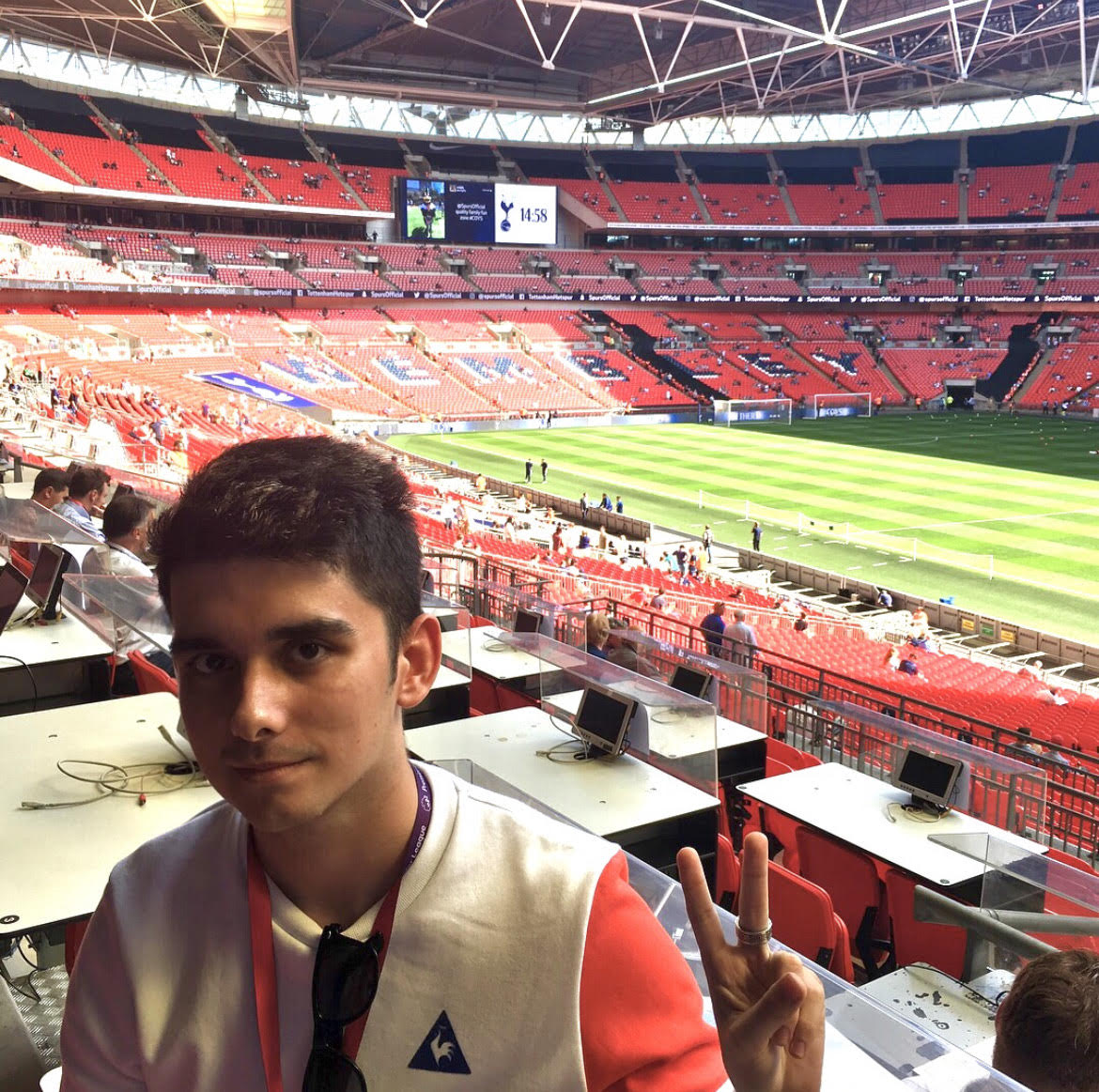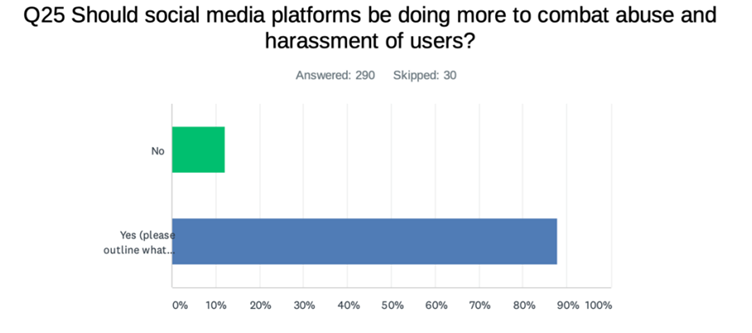Social media, Premier League reporting and online abuse – an interview with 90min’s Sean Walsh
Eni Aluko was left “fearing for her safety” after Joey Barton’s comments on X led to a tirade of abuse towards the ITV pundit in January this year.
The volume and severity of the vitroil aimed at writers at The Athletic in 2021 prompted the website to publish a statement of condemnation:
An important message from us. pic.twitter.com/AdNai0oCvU
— The Athletic | Football (@TheAthleticFC) December 9, 2021
In that same year, pundit Karen Carney talked about how she contemplated taking her own life after receiving a “barrage of abusive messages” relating to comments she made about Leeds United’s promotion bid.
Six years into his career, Sean Walsh is already well aware of the difficult relationship between sports journalism and social media.
Walking the path that many aspire to tread, Sean sat down with the Sports Gazette to talk through his career so far and the challenges he has faced.
Getting into the press box
After winning the NCTJ Premier League Sports Journalism award in 2018, Sean worked for ESPN before moving to 90Min in 2019, where he primarily covers Tottenham, Chelsea, and Brentford in the Premier League.
He said: “The toughest part has been trying to assert myself. You need to have a real force of presence in person to do this job well and survive in this industry.
“You need to have the confidence and bravery to put yourself out there.”
Being a fan himself, Sean has found that covering football has altered the way he views the game.
He said: “It has definitely changed the way I view football in person… I’ve become so used to not celebrating goals or just remaining calm and neutral.”
To those aiming to be in the press box alongside him, Sean has some key advice that has helped him in his career so far.
He said: “Treating your work as craft is what I’ve been big on lately. I love football writing as a form of art, and we need more young people who can hone that skill.
“Make yourself known, talk to people, build relationships, be someone that’s memorable in the right way.”

Sean working at his first game as press (August 2017, Tottenham 1-1 Burnley)
Sports journalism and social media
The advent of social media has irreversibly changed the role of the sports journalist, a presence on platforms like X, Facebook and Instagram is now essential to the job.
With the privilege of reporting on the Premier League comes the deluge of online abuse aimed at journalists like Sean.
He said: “If I didn’t work in this industry, I’d probably have deleted social media. It’s incredibly toxic and is only getting worse.”
The appetite for football content on social media has only grown in recent years, to the extent where posting daily on websites like X is a fundamental part of Sean’s role.
He said: “It’s difficult to switch off when your job is centred around your biggest interest. I’ve learnt to try and disengage as much as possible during my days off or when on holiday.
“It’s so important to refresh yourself and just stay sane.”
A 2020 survey conducted by the National Union of Journalists revealed the troubling extent of online abuse that journalists receive.
In a questionnaire send to all UK-based NUJ members, 78% of survey respondents agreed that “abuse and harassment has become normalised and seen as part of the job.”
Eni Aluko on punditry duty for ITV
Part of the job
The normalisation of abuse online has meant that journalists have had to develop ways of dealing with the toxicity.
Sean’s strategy is simple, he said: “I revel in it as long as it doesn’t get personal. It’s the only way to combat it.
“That’s not to say I encourage it, or that I write things with the aim of inciting anger, but you’re never going to have everyone agree with you. You need to mentally prepare for that.”
A key question in any discussion surrounding online abuse on social media is: should social media platforms like X, Instagram and Facebook do more to combat the abuse and harassment of their users?
When I asked Sean if enough had been done to combat these issues, he said: “No, and the concerning thing is social media companies do not seem to care about clamping down on it.
“Even serious abuse like racism, sexism, homophobia, and transphobia slips through the cracks.”
Sean’s view reflects that of many journalists. The below graph indicates how NUJ members answered when asked the same question:

Source: NUJ safety report 2020
A nationwide issue
This is without mentioning the hate directed towards the athletes themselves, there are innumerable examples of racist, homophobic, and sexist abuse resulting in players speaking out and removing their social media presence entirely.
This is an option that cannot be afforded to sports journalists, who must co-exist with social media to survive in the industry.
Sean said: “We’re in an age of humanity that should be great because everyone can have an opinion, but the loudest ones abuse the power of free speech they’ve been given.”
This is not to deter the sports writers of the next generation though.
When asked what it is like to report on the Premier League, Sean said: “The adrenaline rush of reporting on live events is unmatched.
“Sometimes when things aren’t going well in the job or you find yourself longing for a normal 9-5, this is the kind of stuff that keeps you going again and again.”
Being a Premier League reporter is and should be the pinnacle for many aspiring football writers in the UK, but it is an opportunity that comes with ever increasing levels of scrutiny and abuse.
